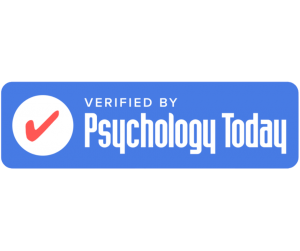Washington Examiner
Published: July 23, 2019
The opioid dependency epidemic is not a plague or virus from outer space. Rather, the crisis is a result of relying on theories that are built on ignorance and moral prejudice. For too long, this approach has left patients defined by their behavior, when their actions were dictated by a basic untreated medical condition.
And the biological roots of this dependency were totally disregarded, with all efforts and resources wrongly focused on the secondary effects of the untreated primary illness.
New findings from the Commonwealth Fund show that deaths by drug overdose hit an all-time high in 2017, thanks to the rapid growth in opioid deaths. Still, there is hope. Modern biotechnology allows us to comprehend the chemical and morphological changes that serve as the source of the dependency itself. Consequently, we can now recognize the biological roots of the illness and develop effective therapeutic ways to reverse it.
Opioid dependency is a treatable central nervous system disorder. It is not a chronic illness; it only became chronic due to the lack of useful remedies. Opioid-dependent patients can be treated and stabilized.
Policymakers should allow opioid-dependent patients to enjoy the benefits of modern medicine. If we fail to do so, we are simply feeding the existing, ineffective structure that has led us to our current chaotic situation.
Modern science indicates that opioid dependency is a direct consequence of the distortion of the natural endorphin receptor levels in our brains, triggered by heavy opioid abuse. We must address the fundamental neurophysiological derangement and provide addicts with sustaining relief. The goal should be to bring normal endorphin receptors back to equilibrium.
Today, we can eliminate the length of time and suffering associated with traditional treatment programs by transferring treatment back to general hospital care. We must correct the misjudgments of the past and welcome our patients back into the true halls of modern medicine. This will allow withdrawal to be managed in a critical care setting, where patients will be treated in a safe and humane way. Most importantly, post-detox cravings will no longer affect the recovery period.
We must usher the treatment of opioid addiction into a new era. This crisis can be resigned to the past, and we can move on to the new challenges ahead.
VIEW ORIGINAL ARTICLE







